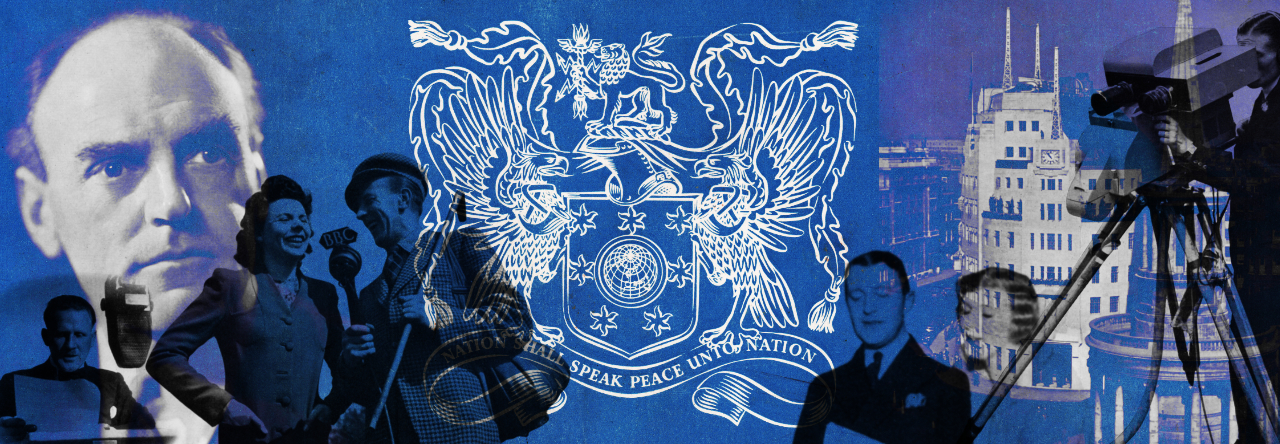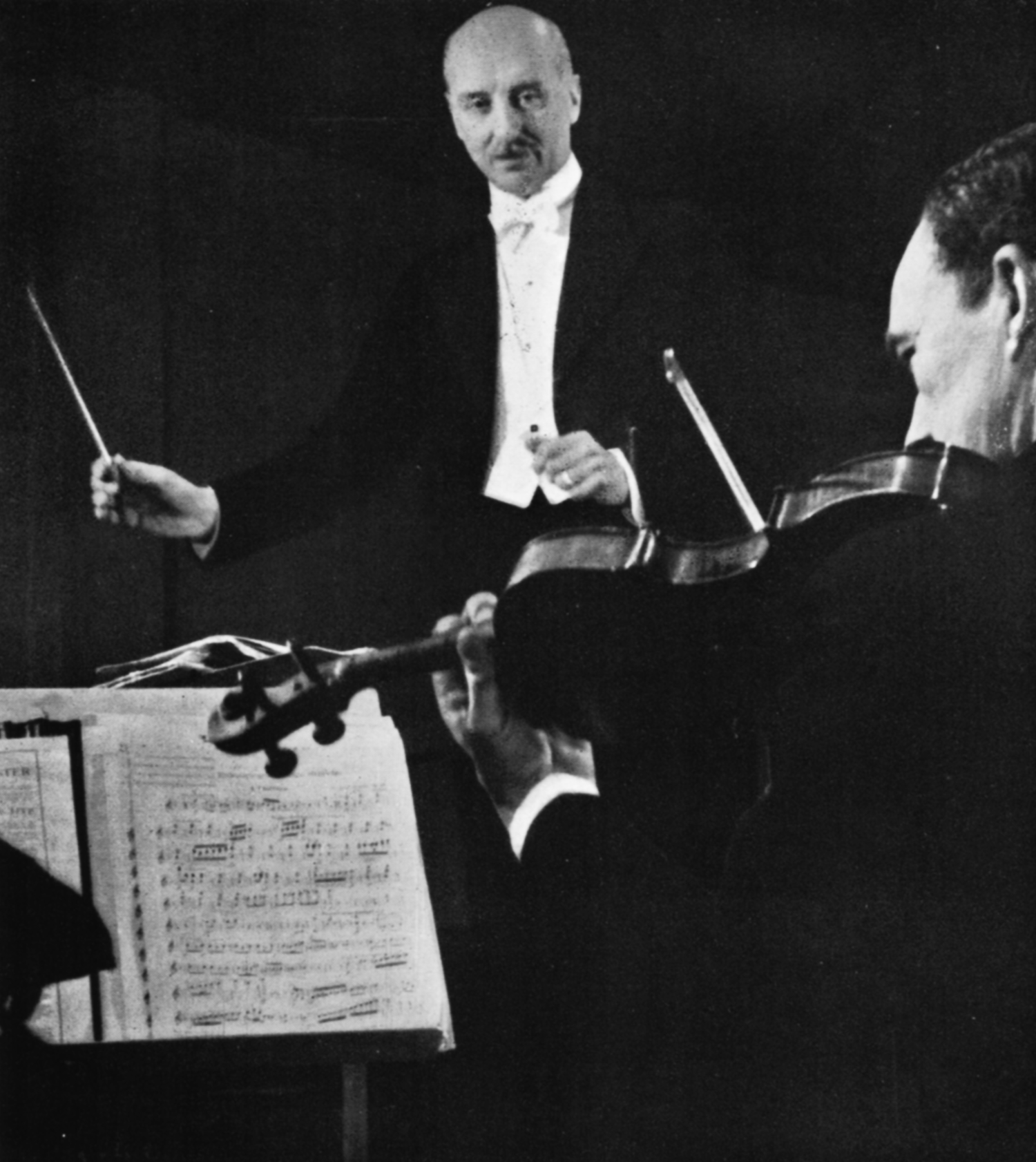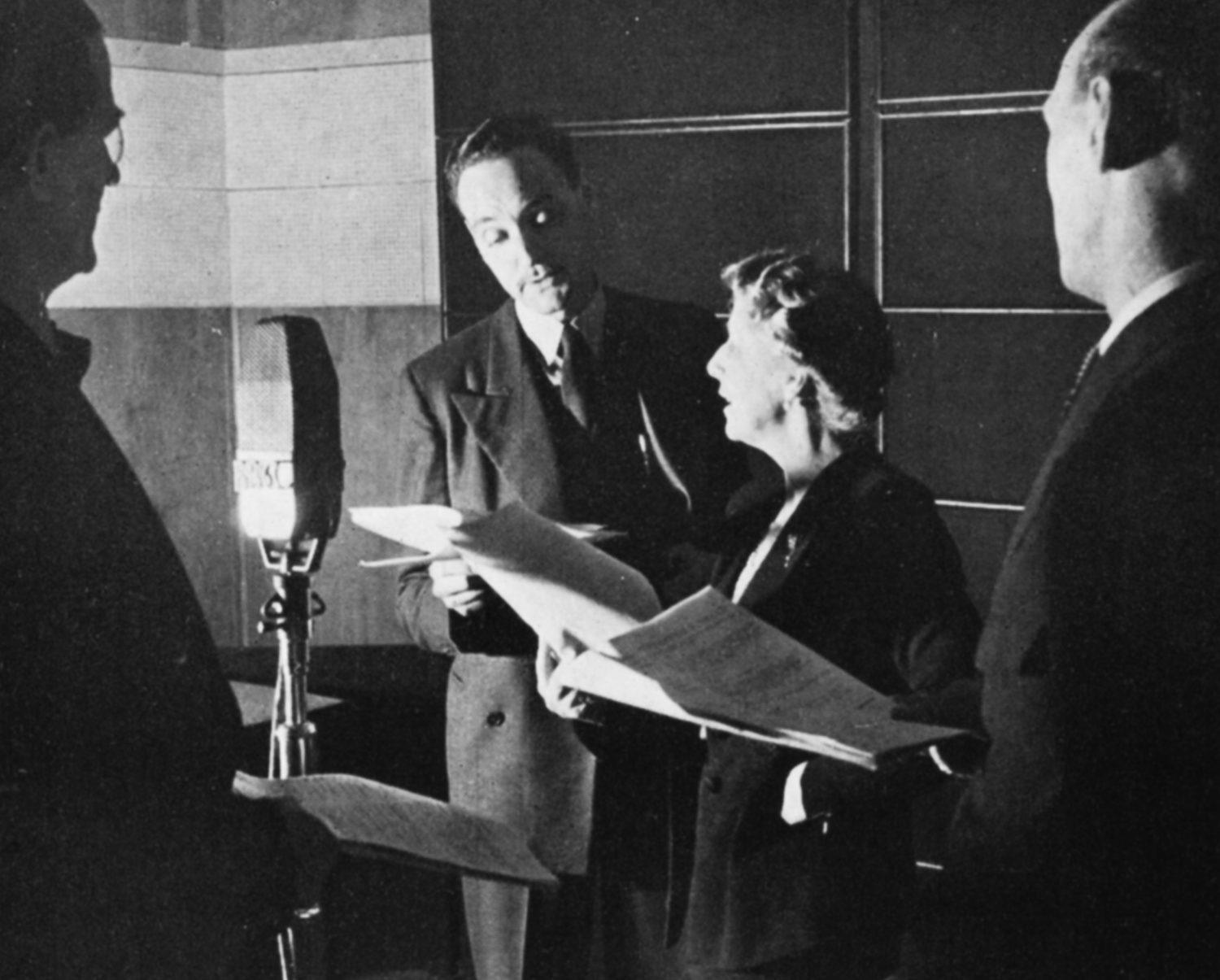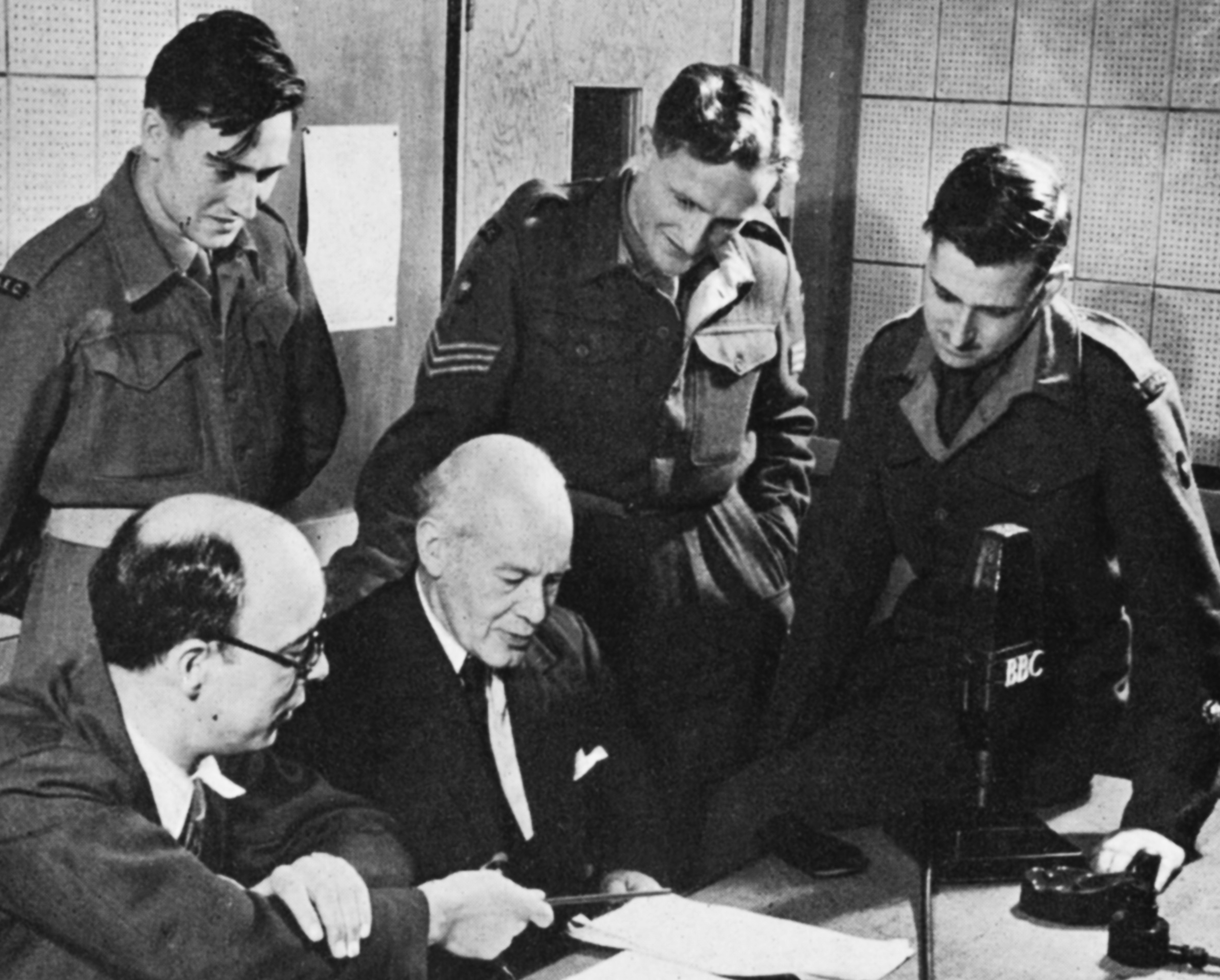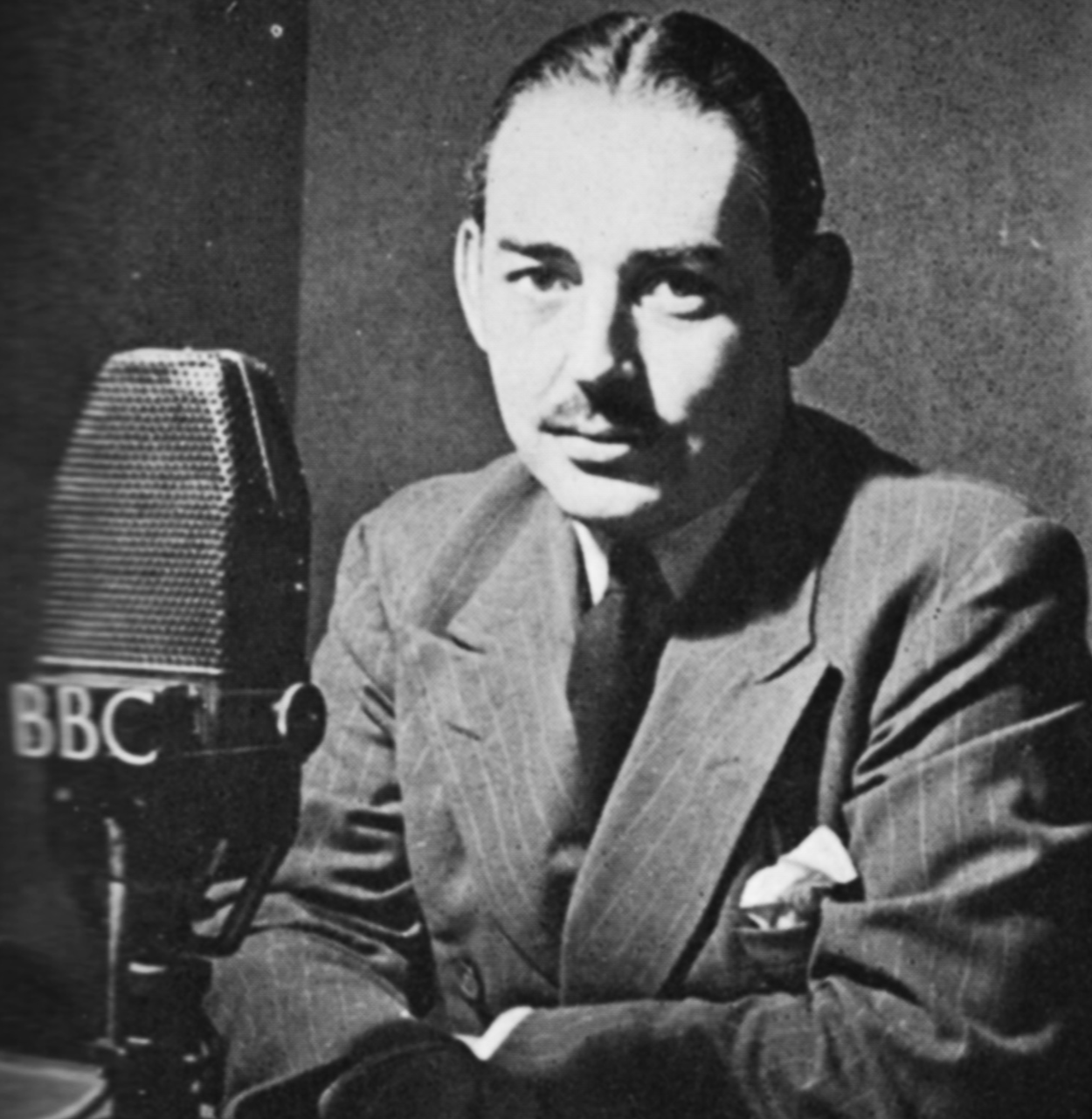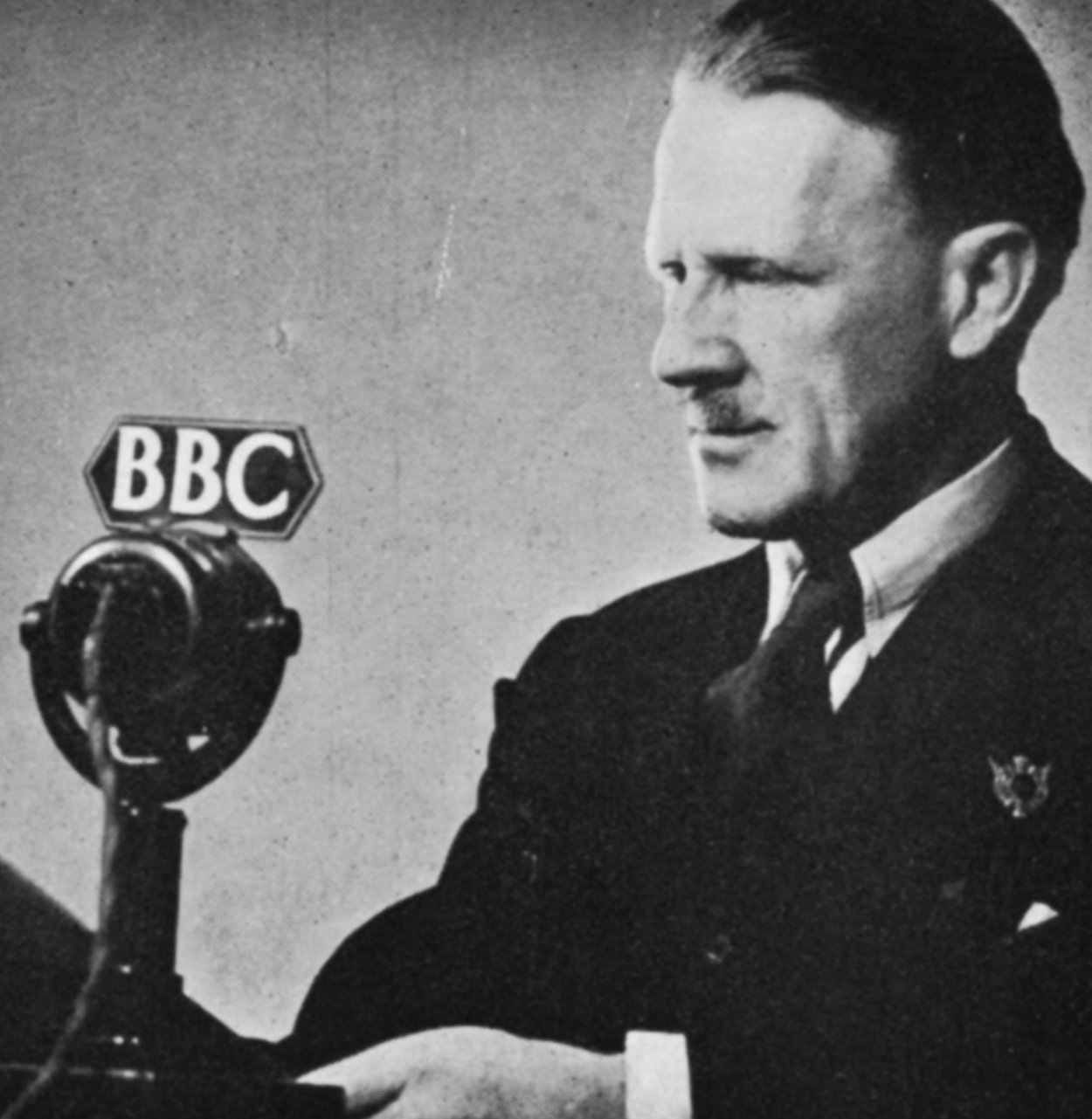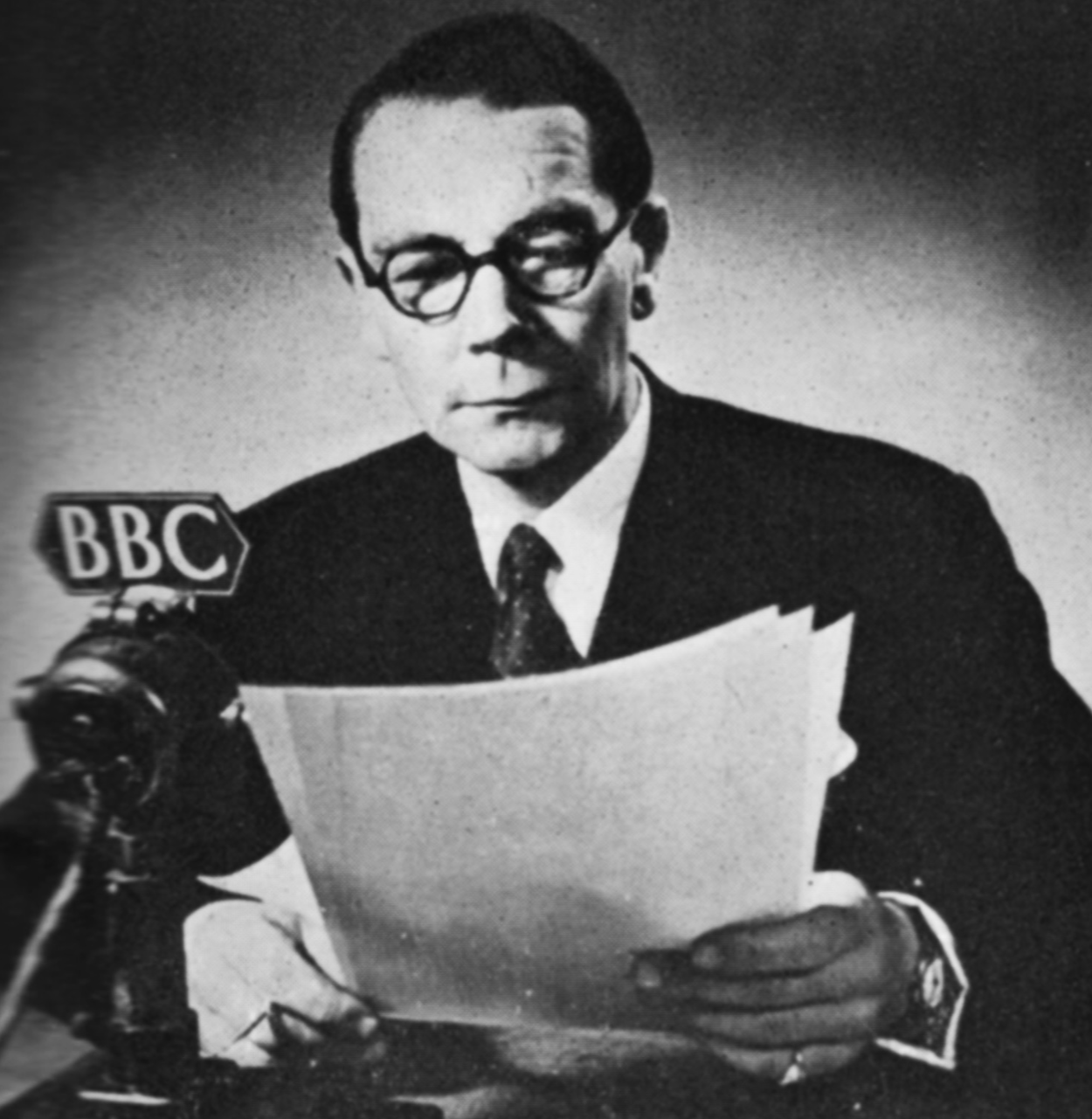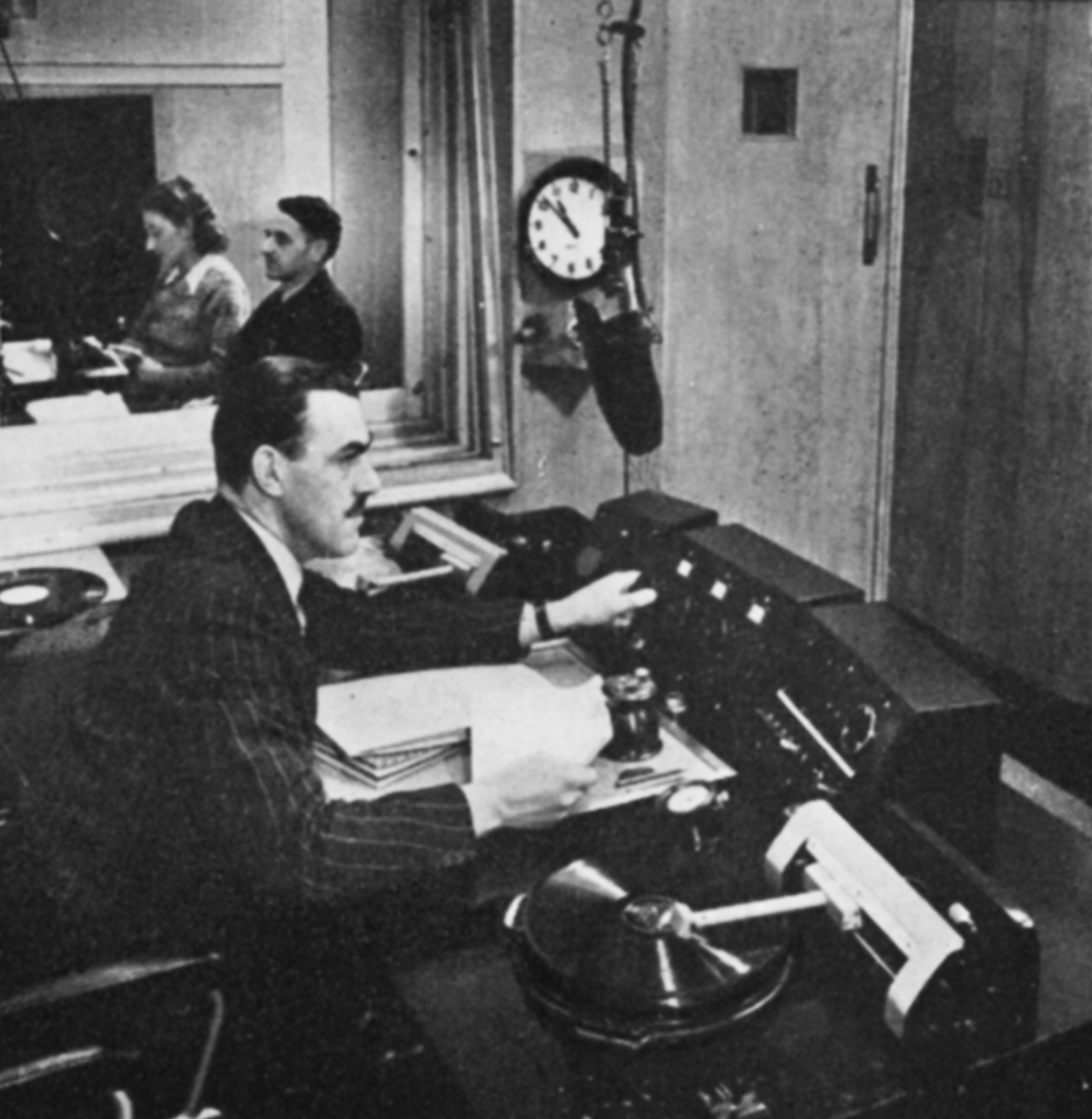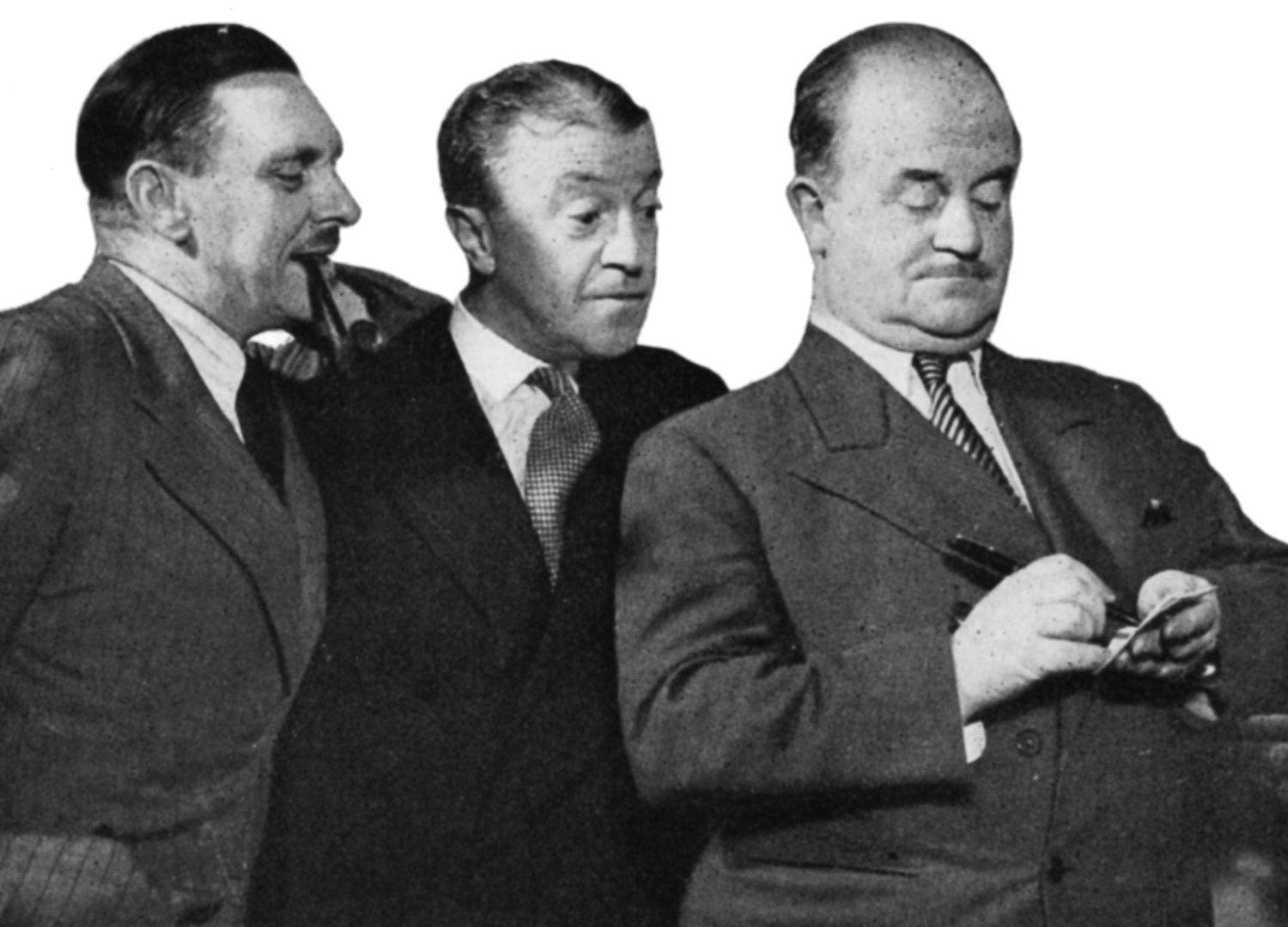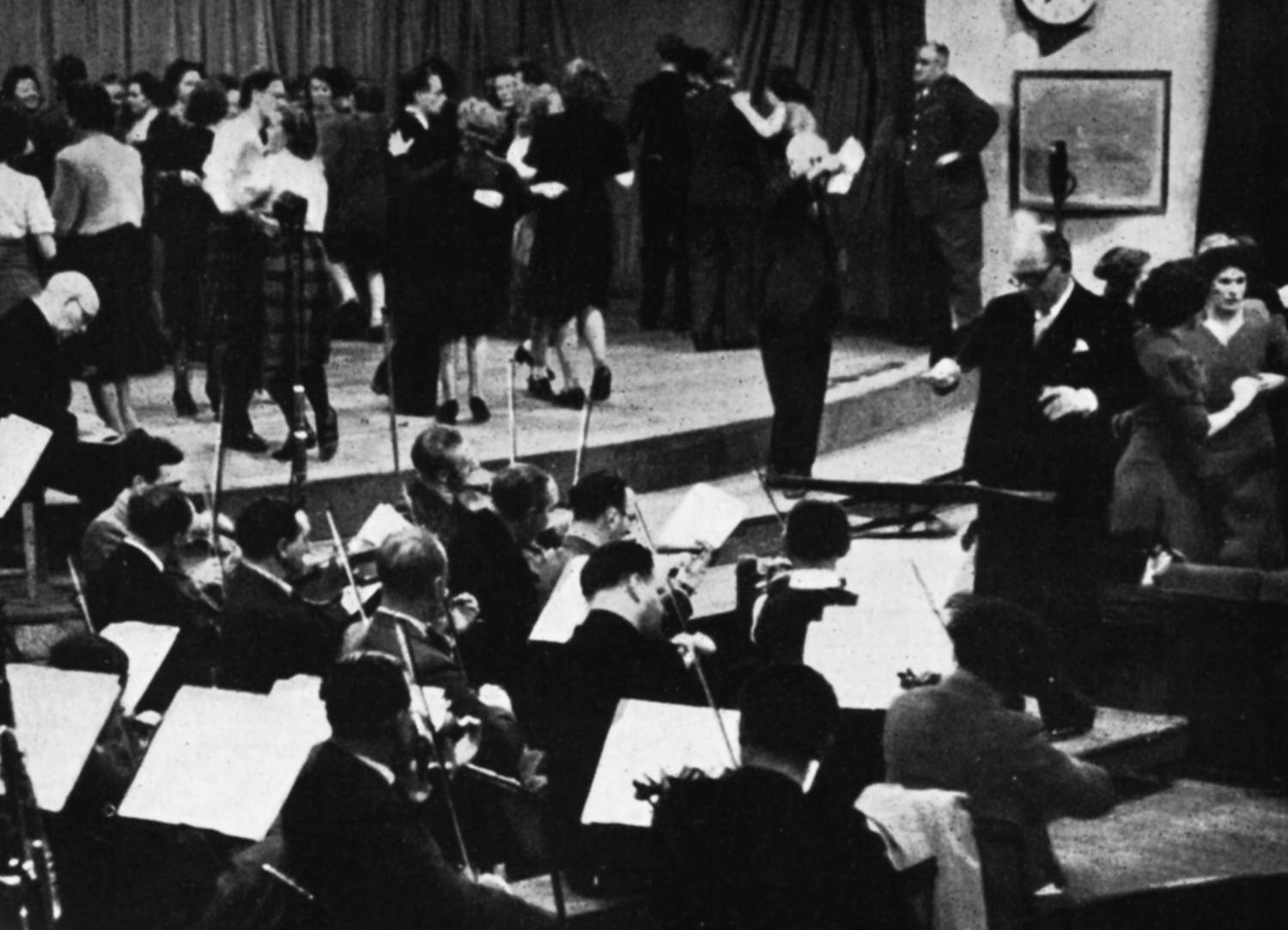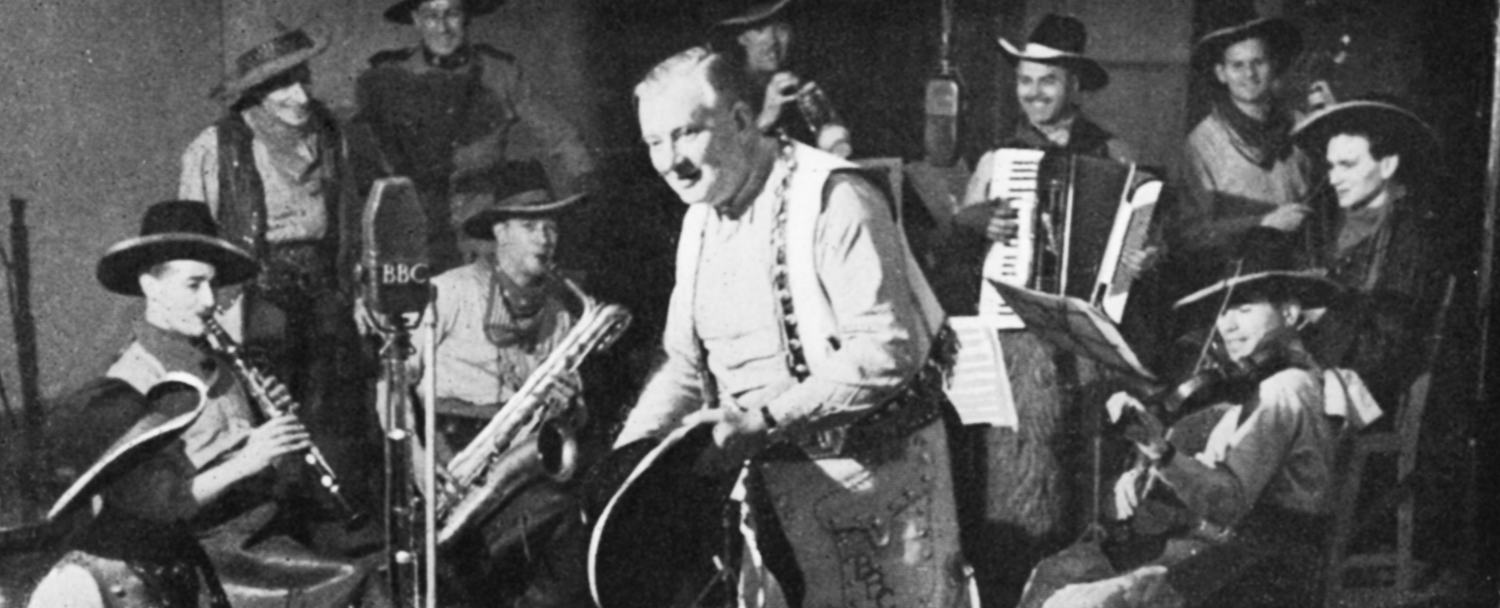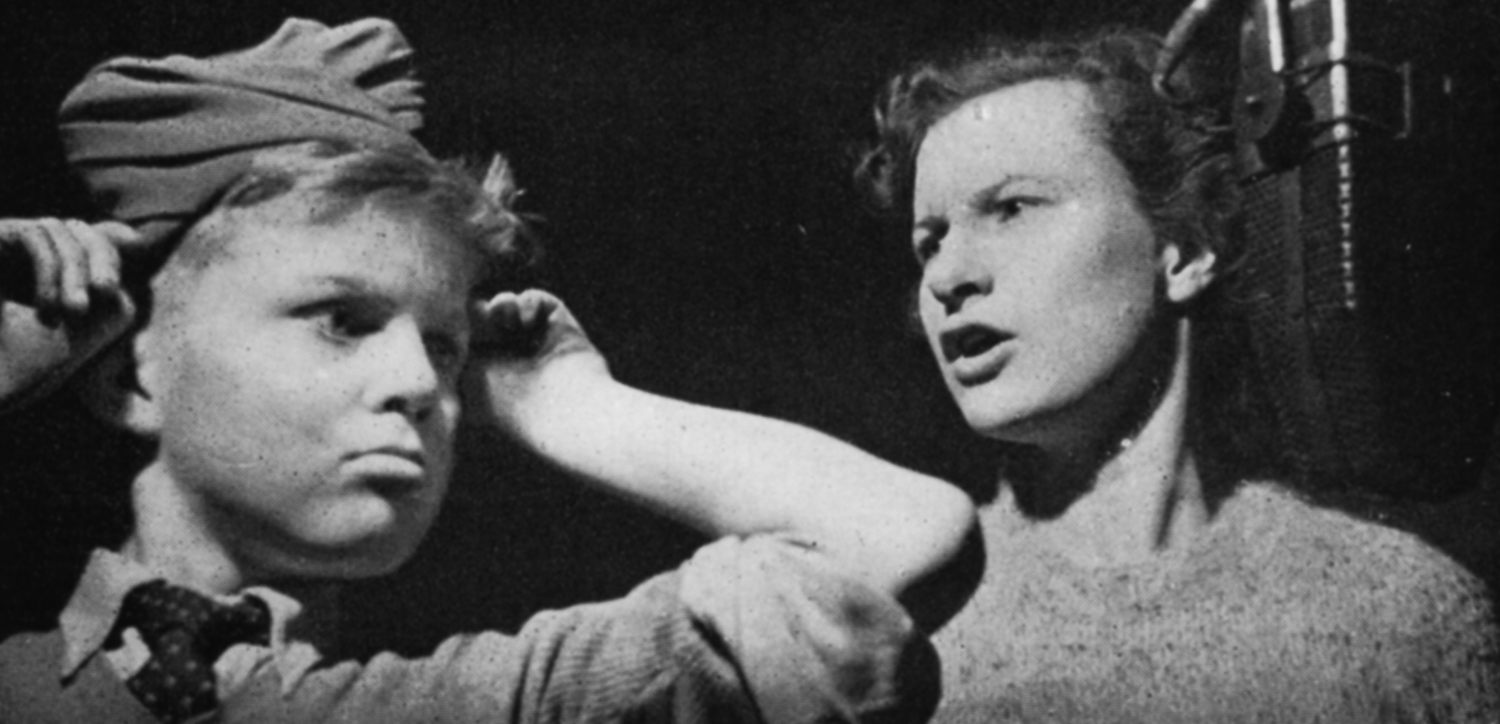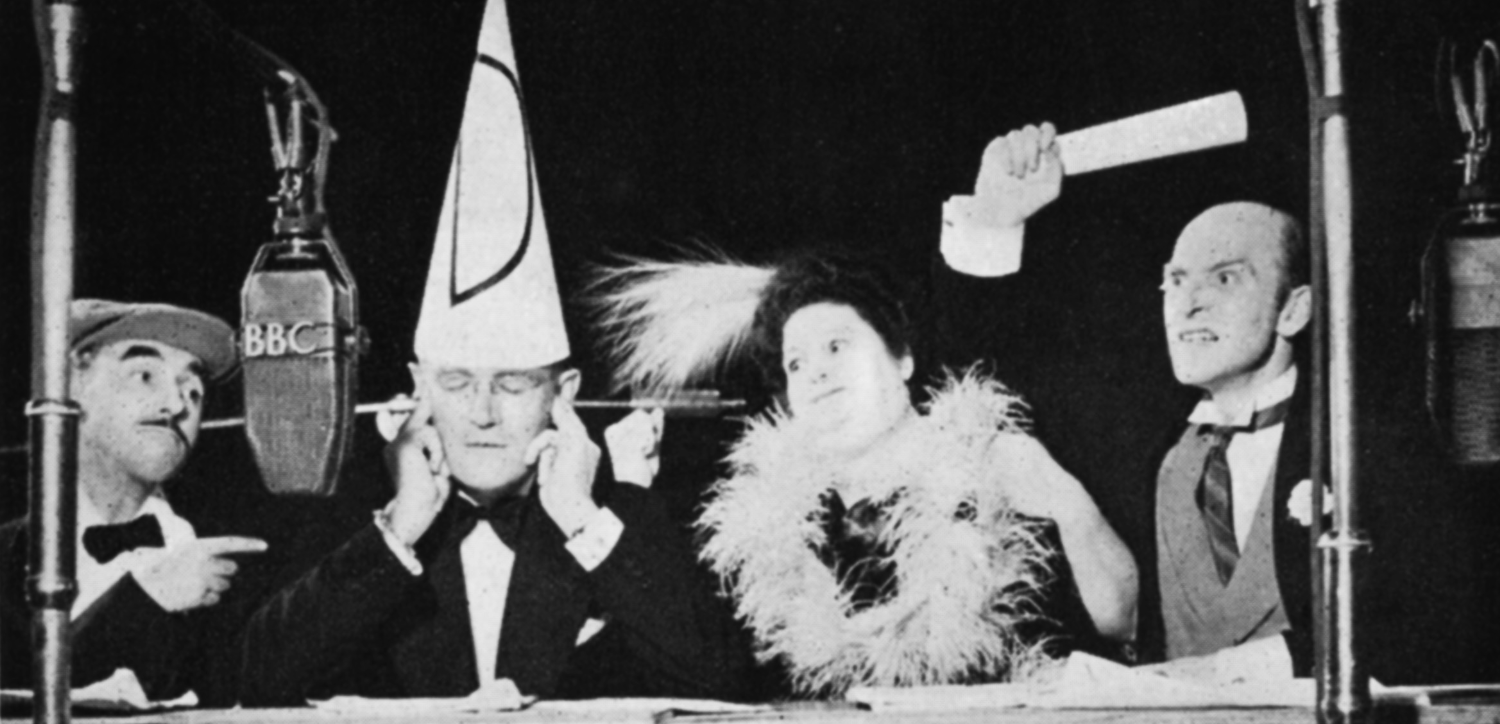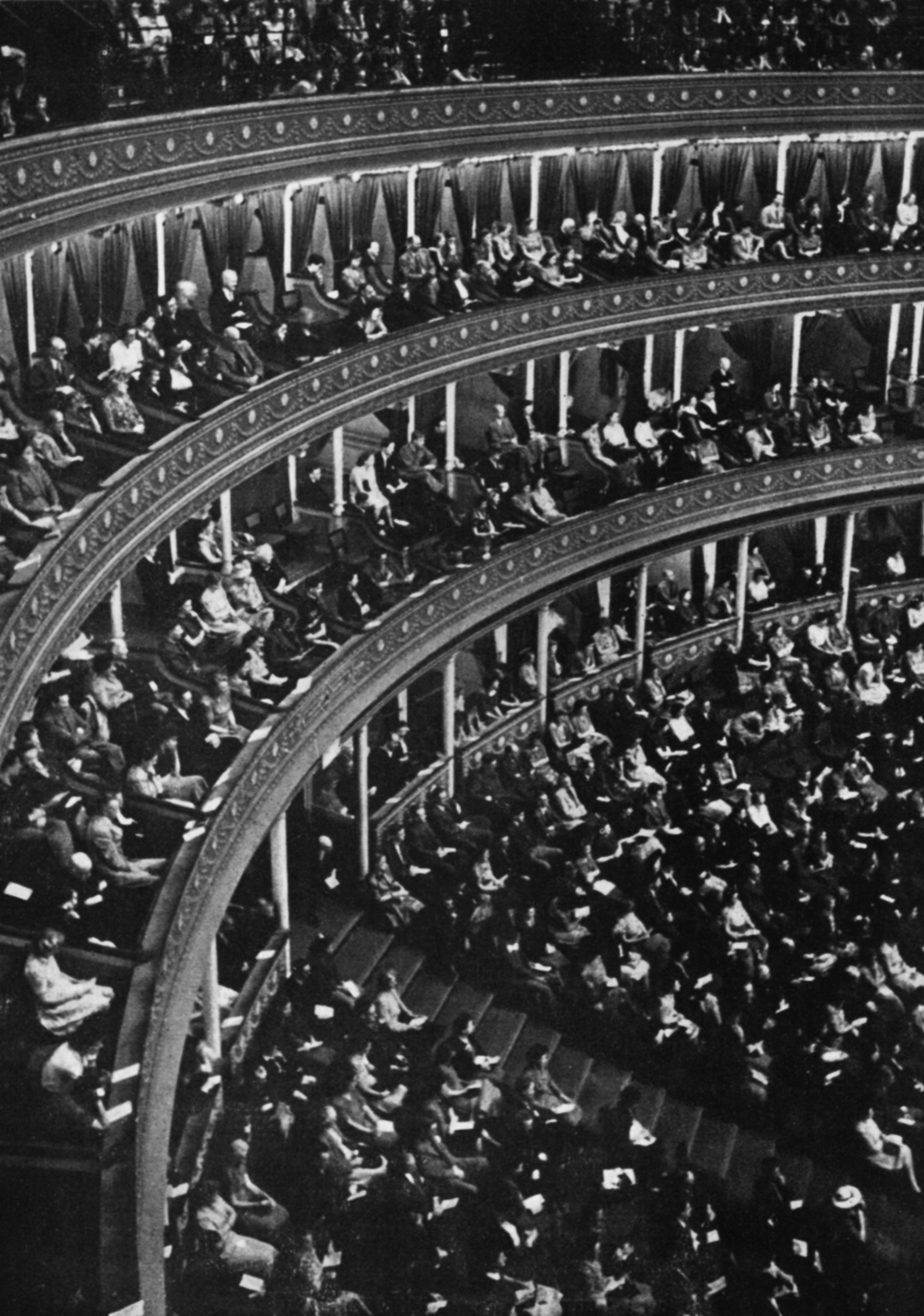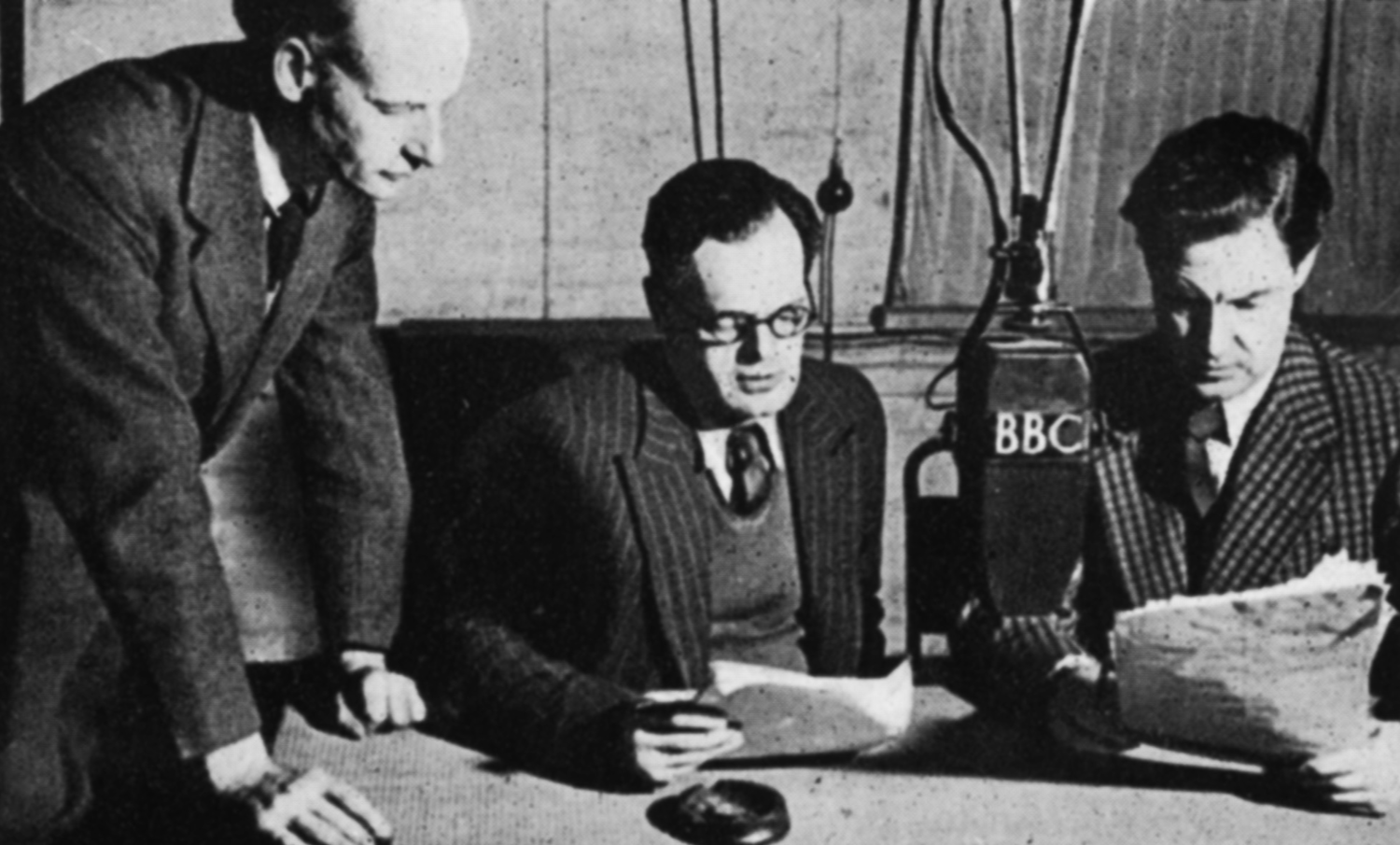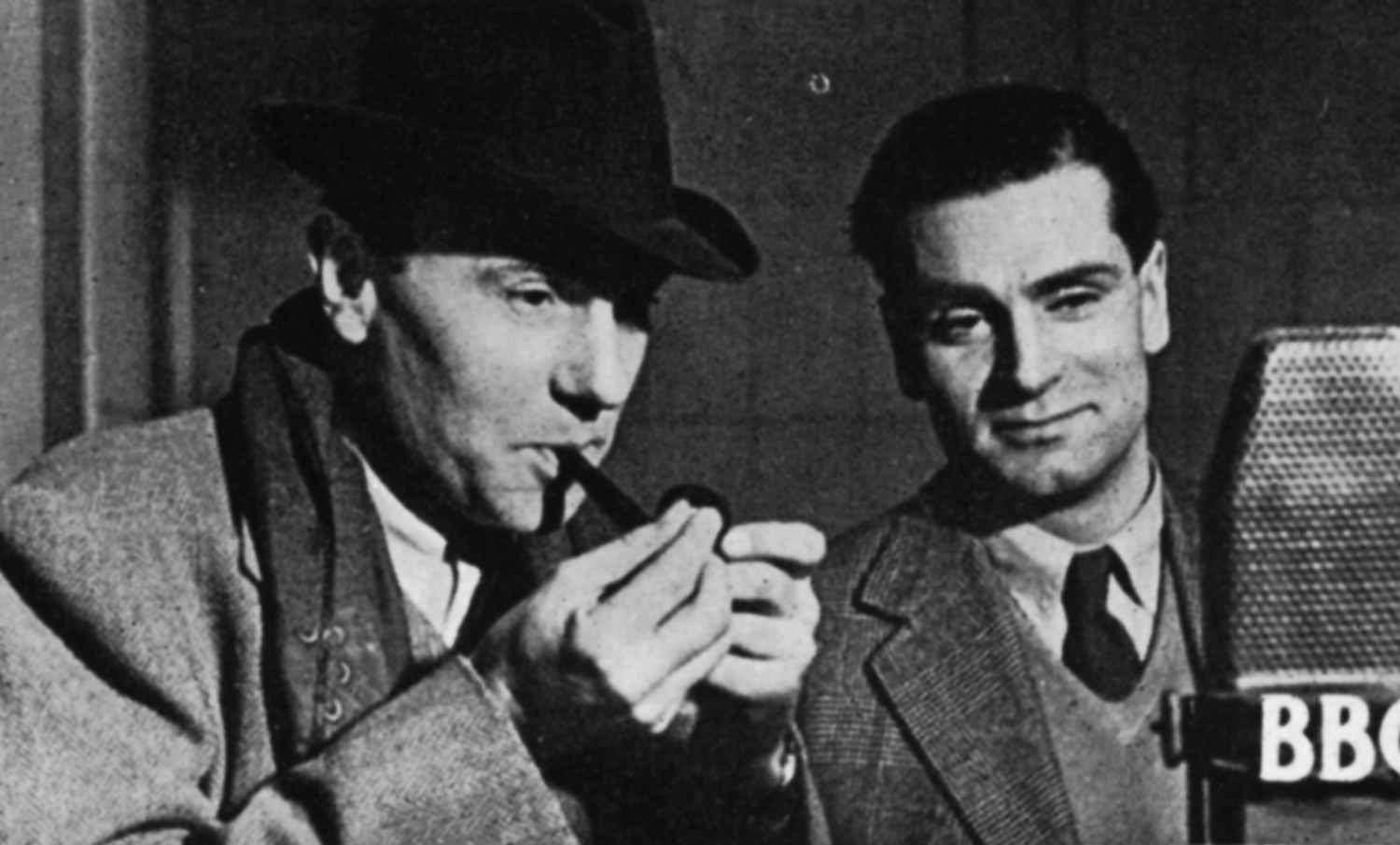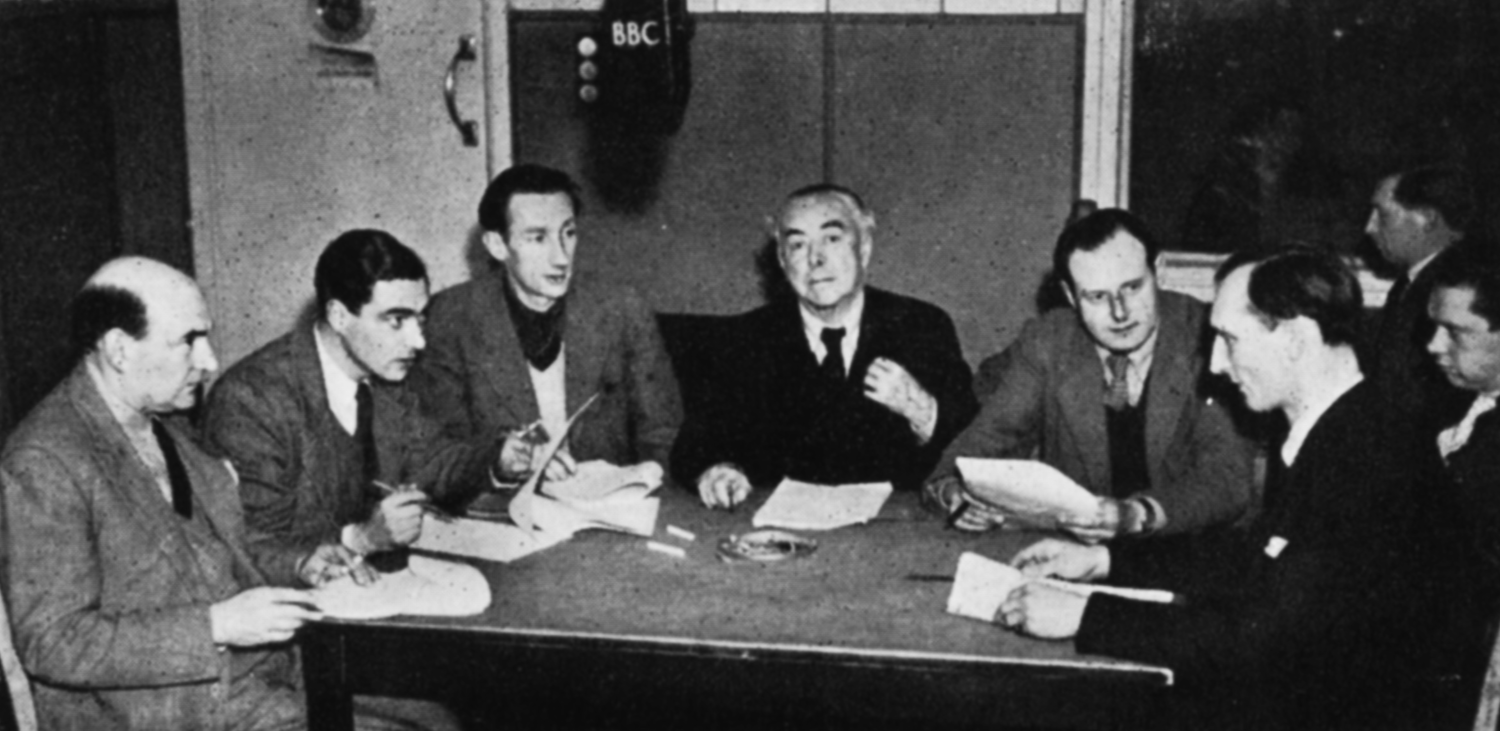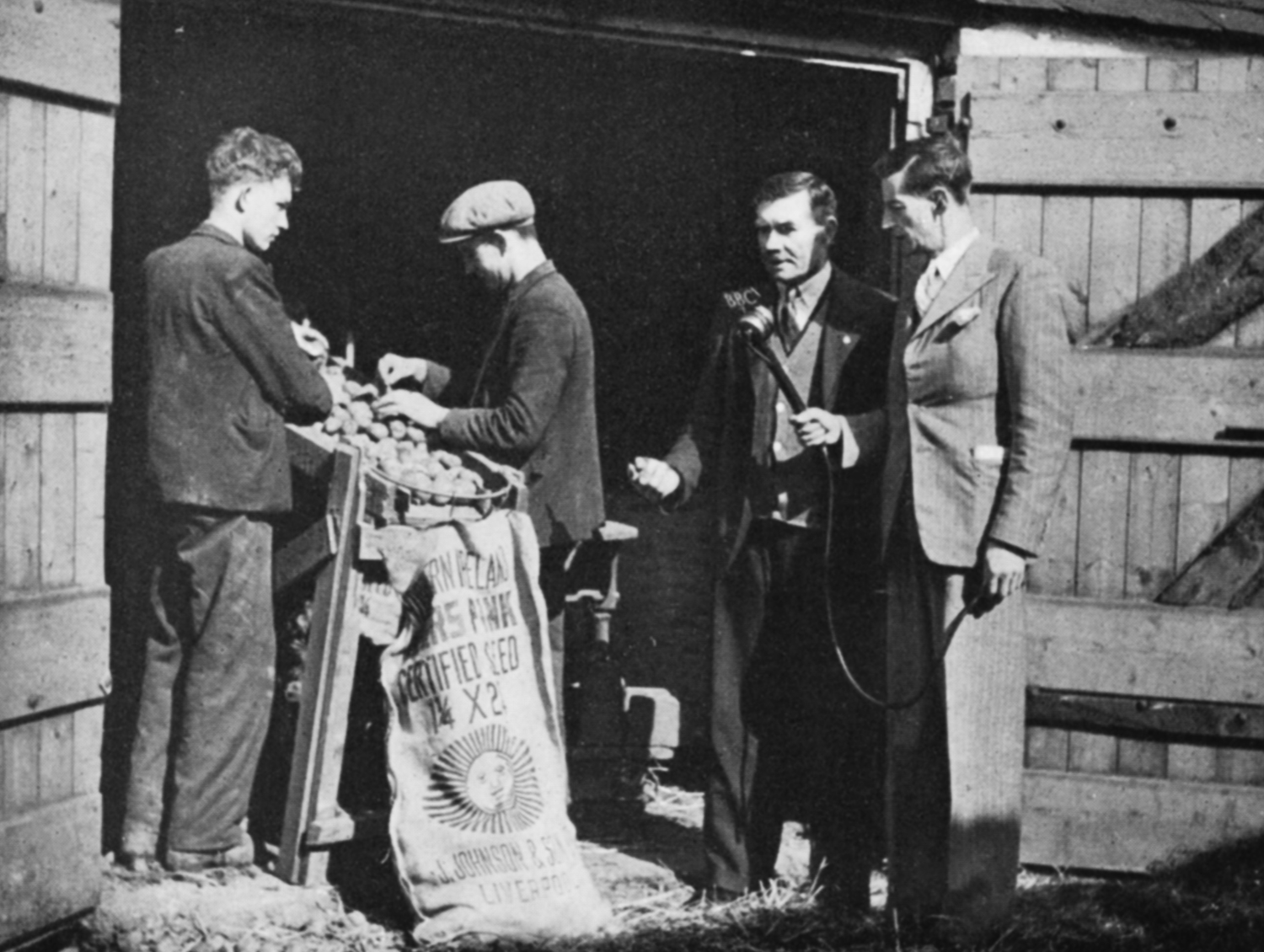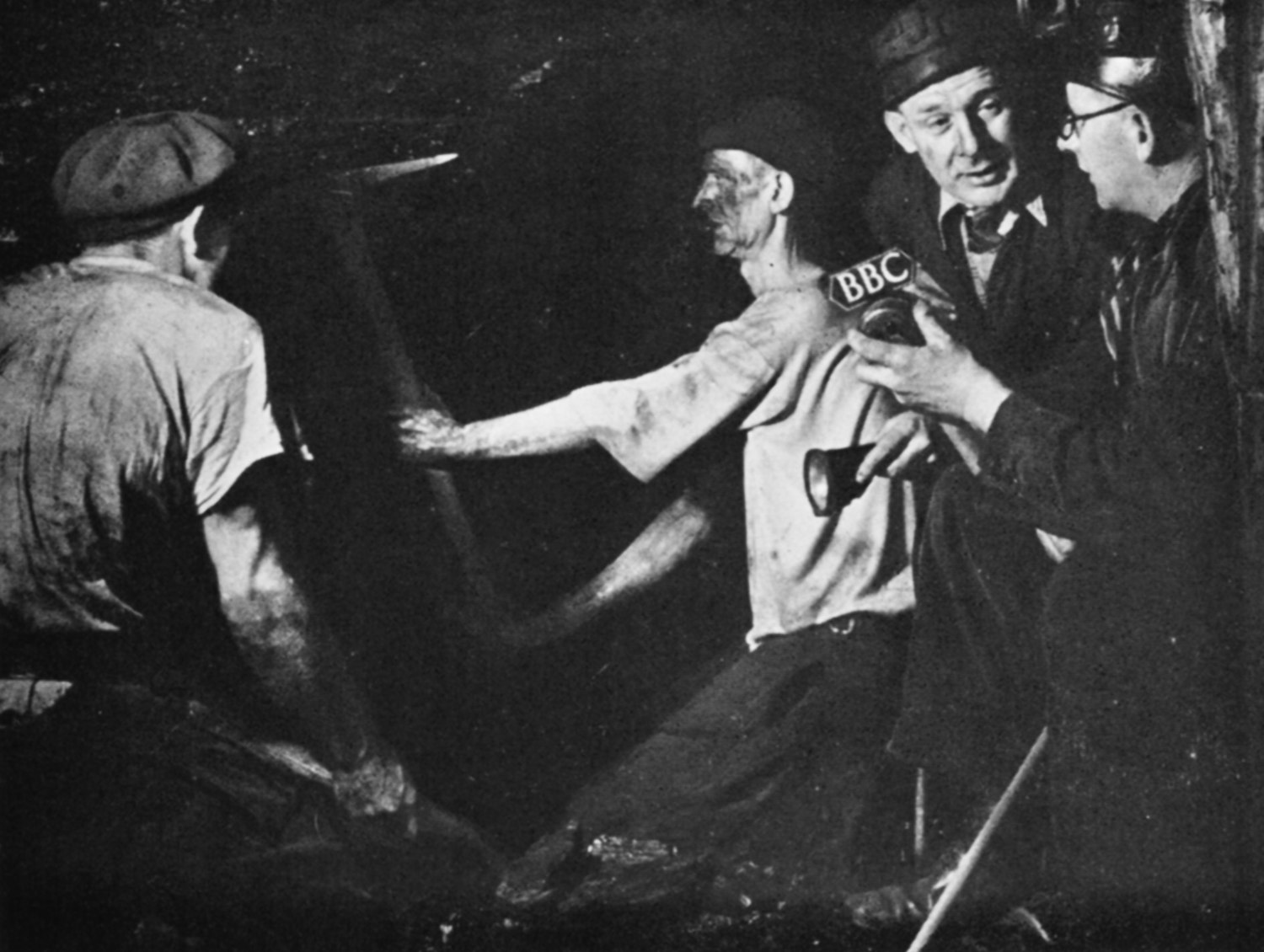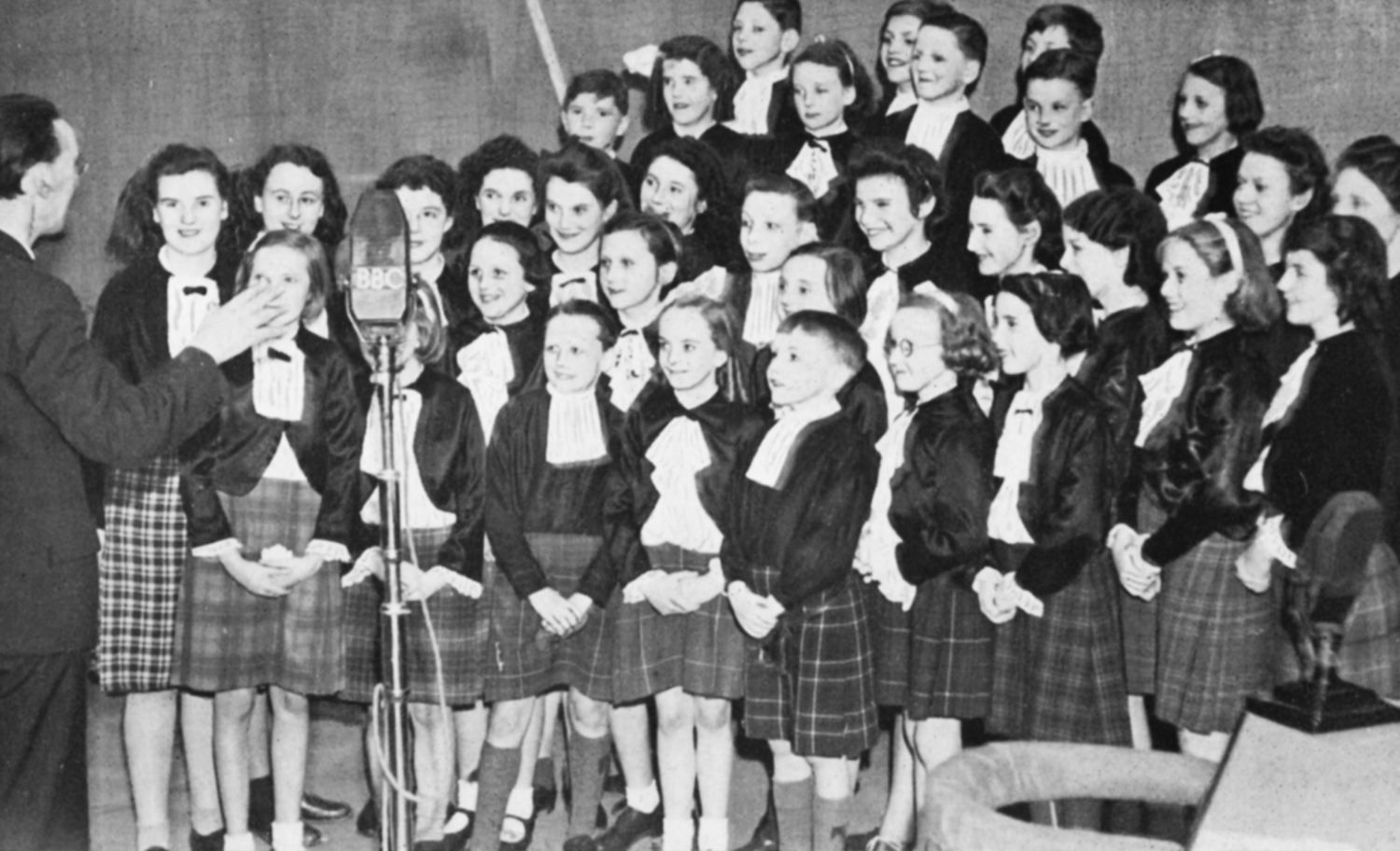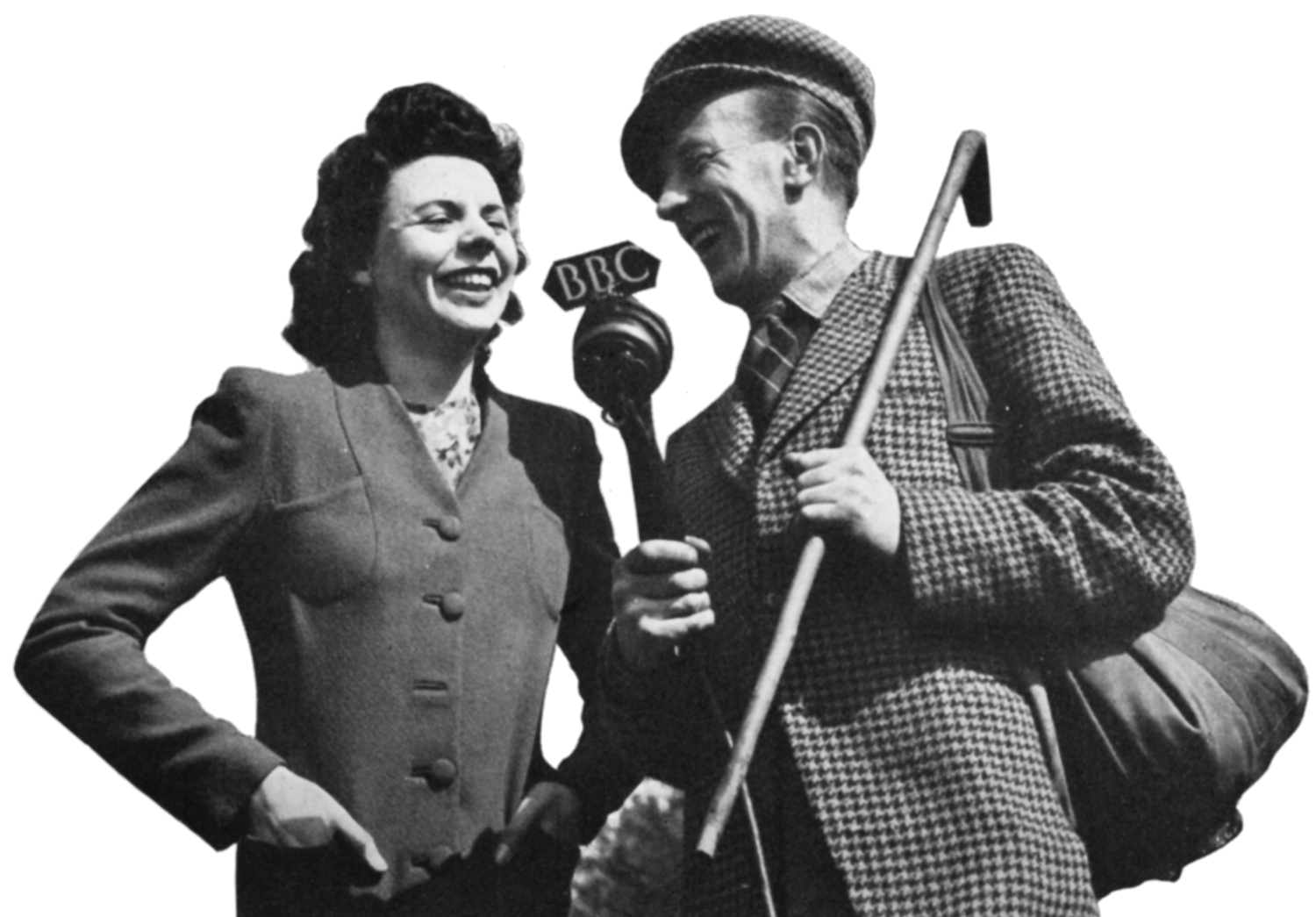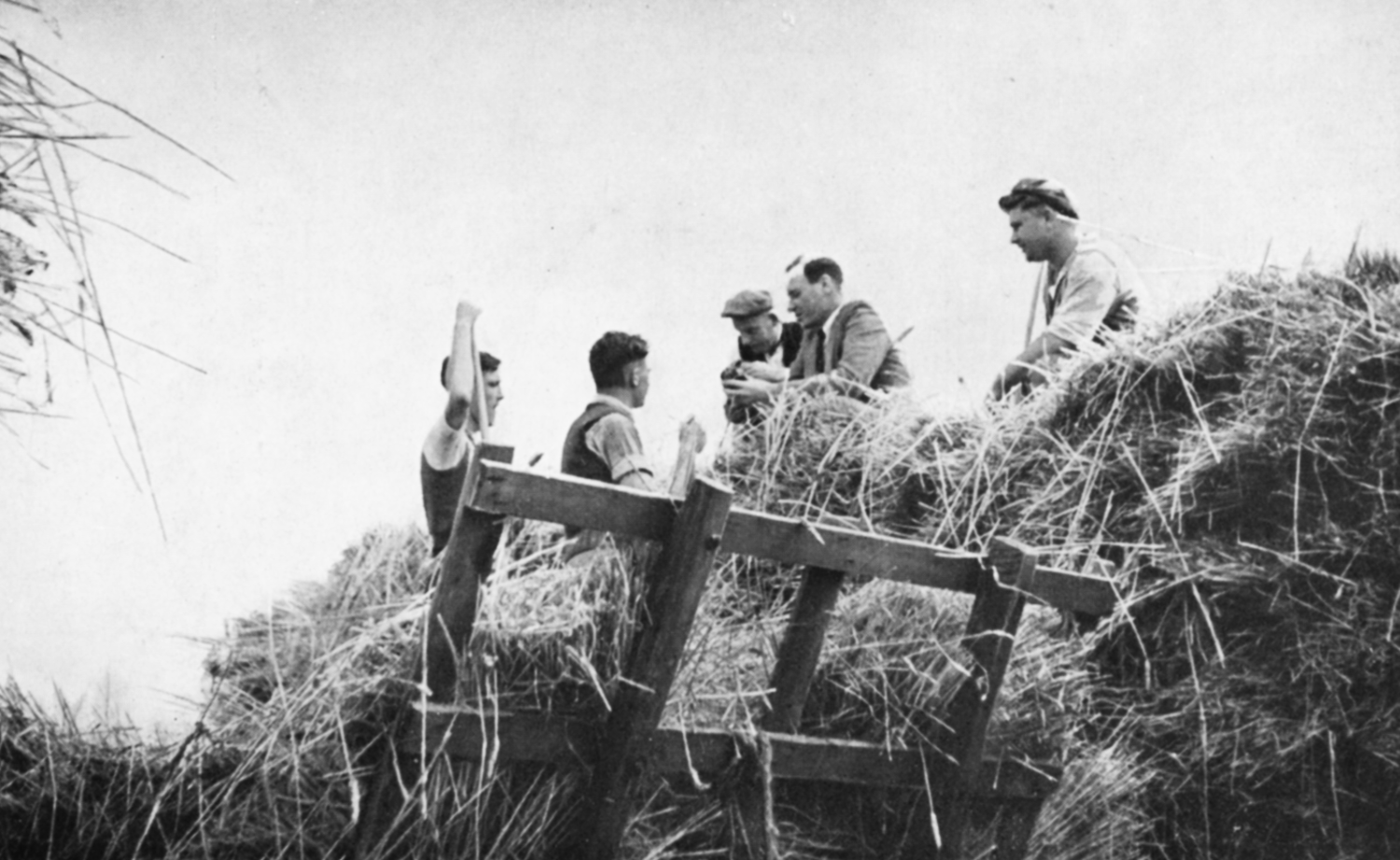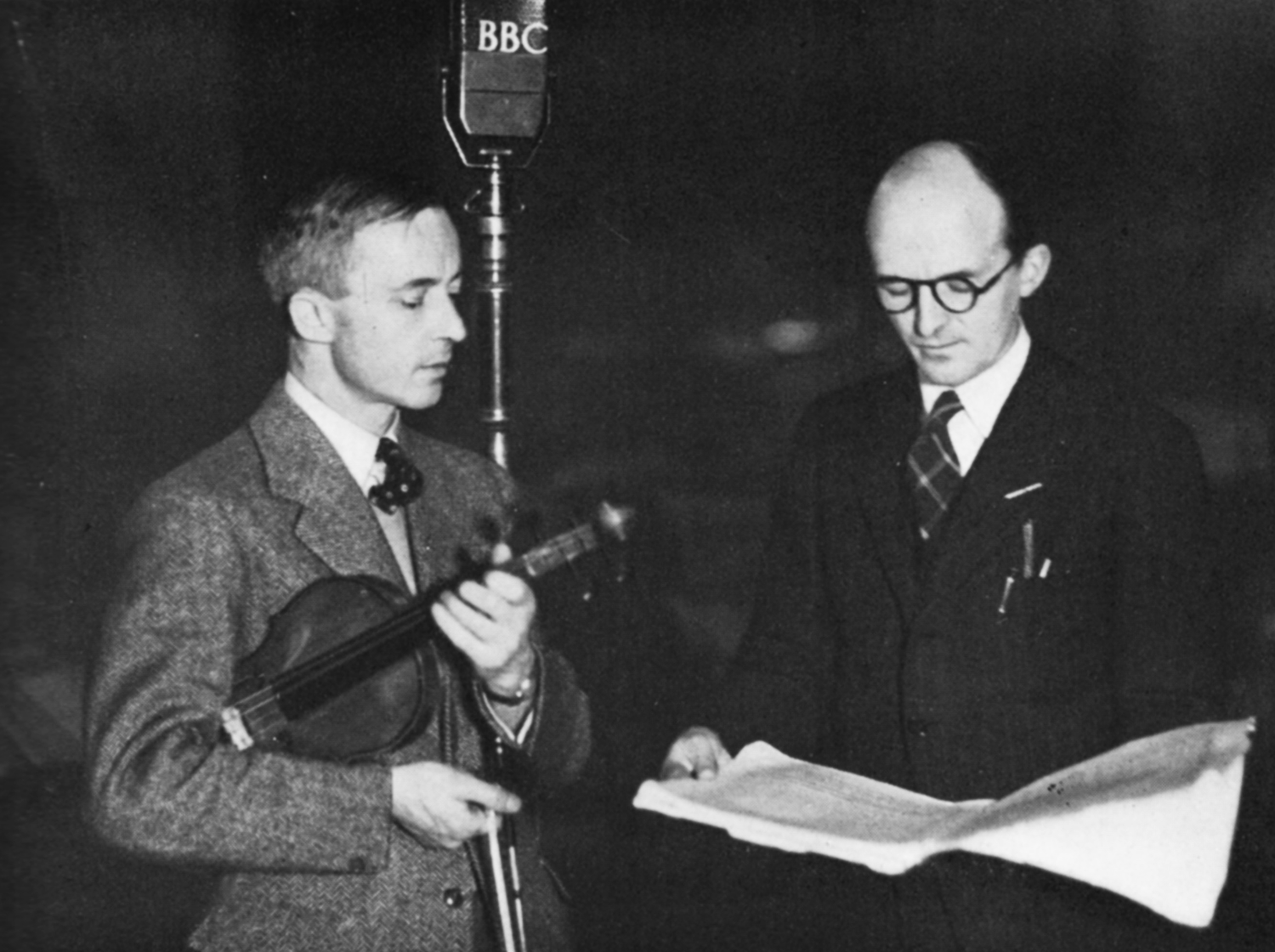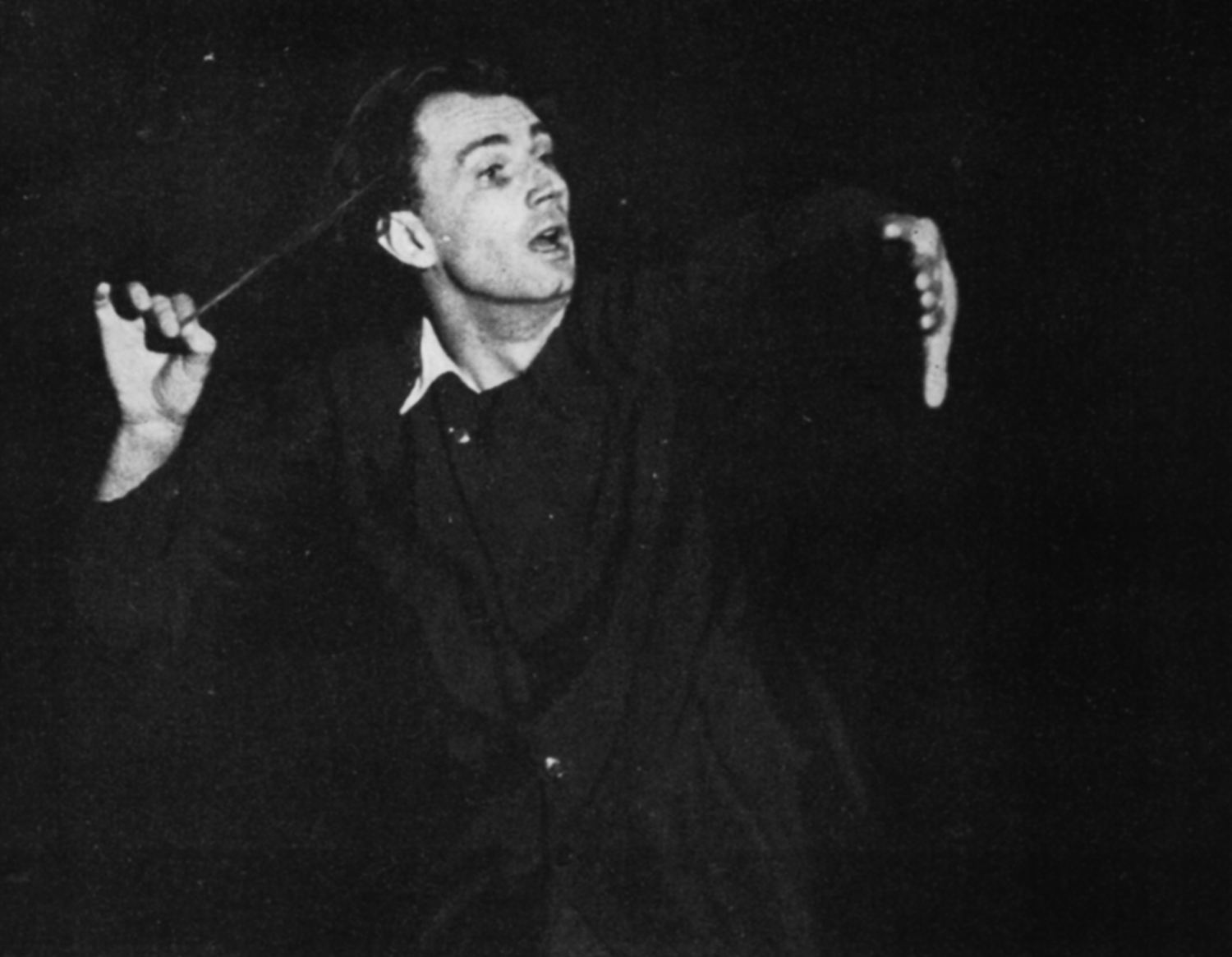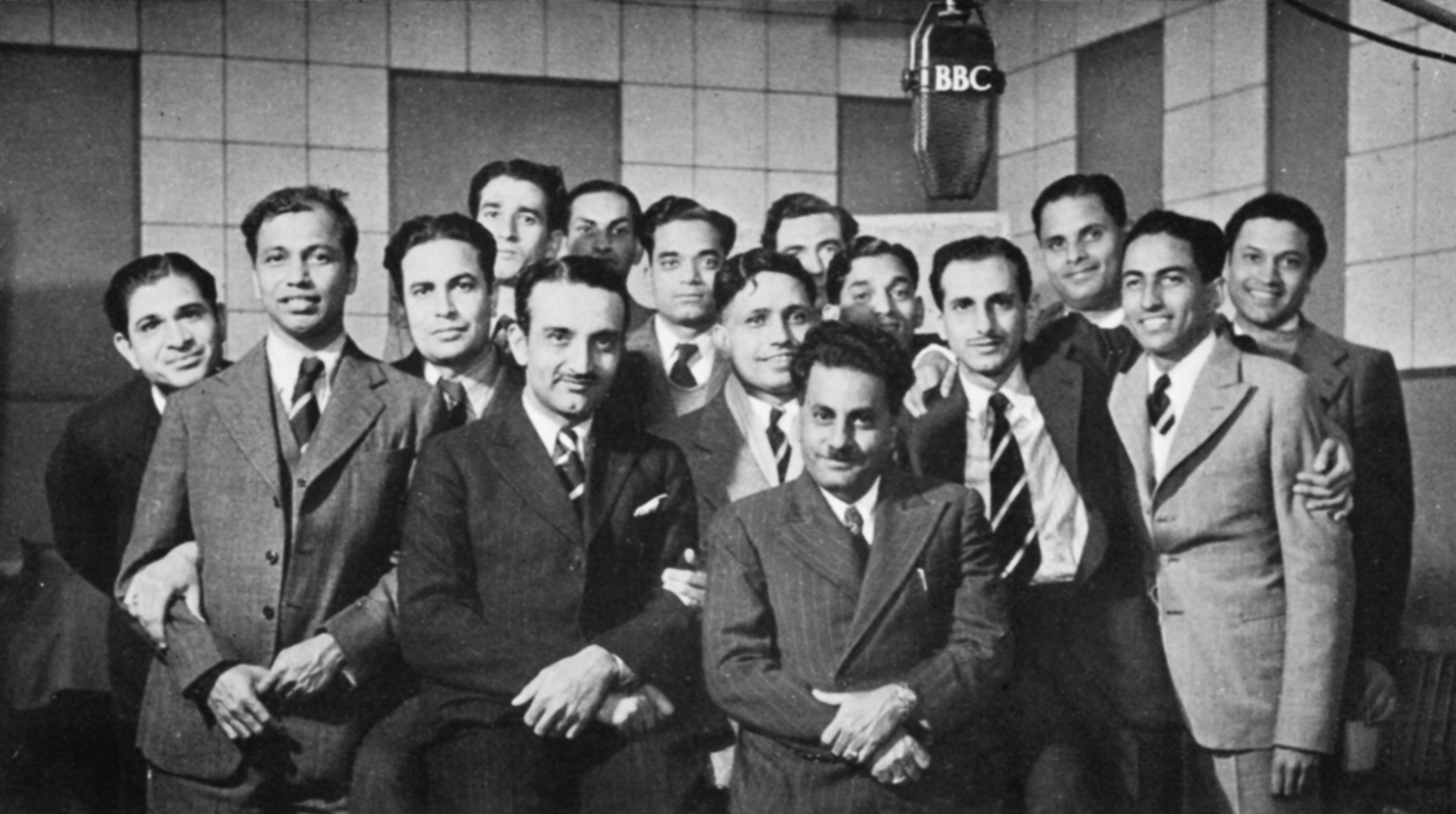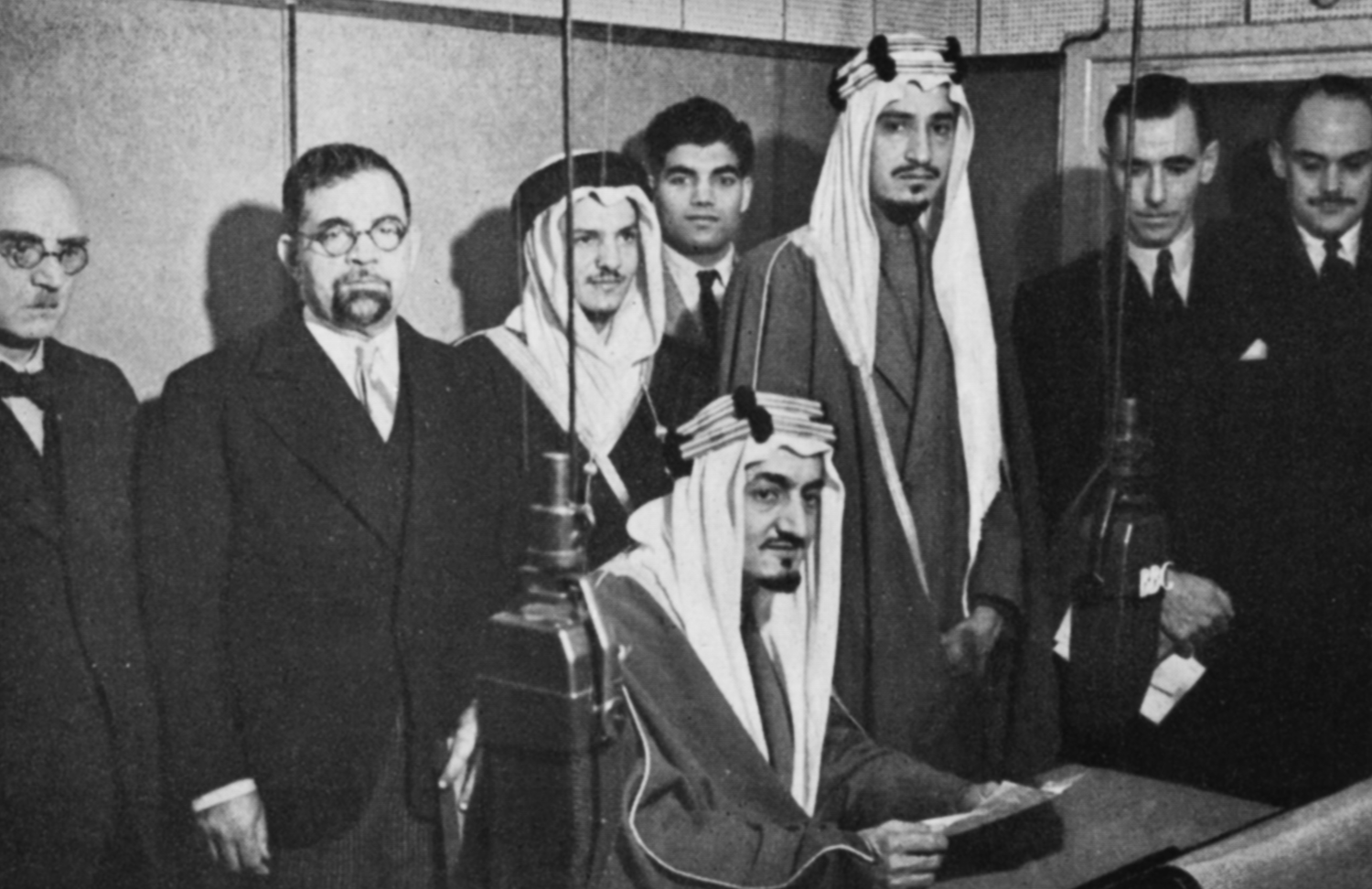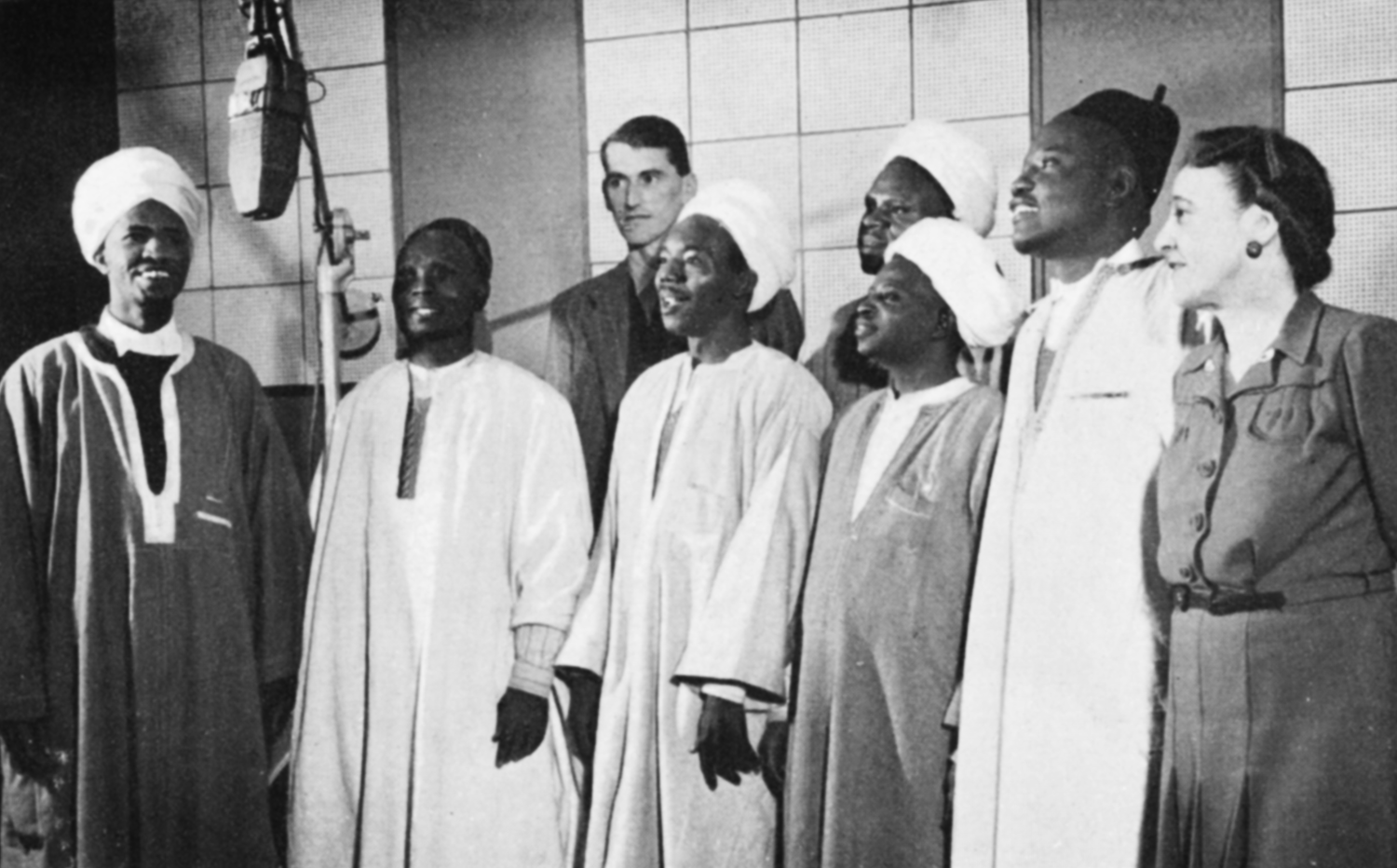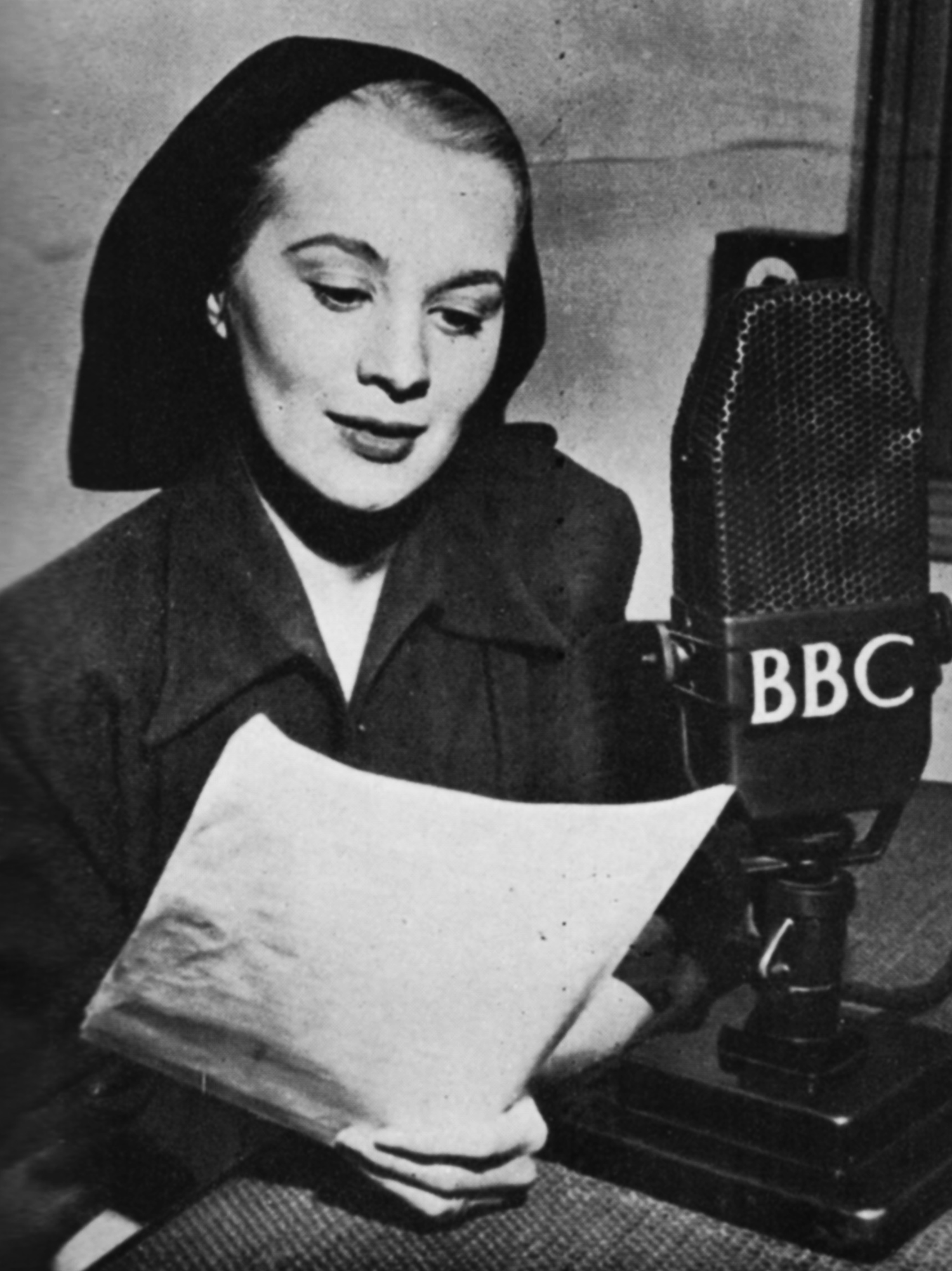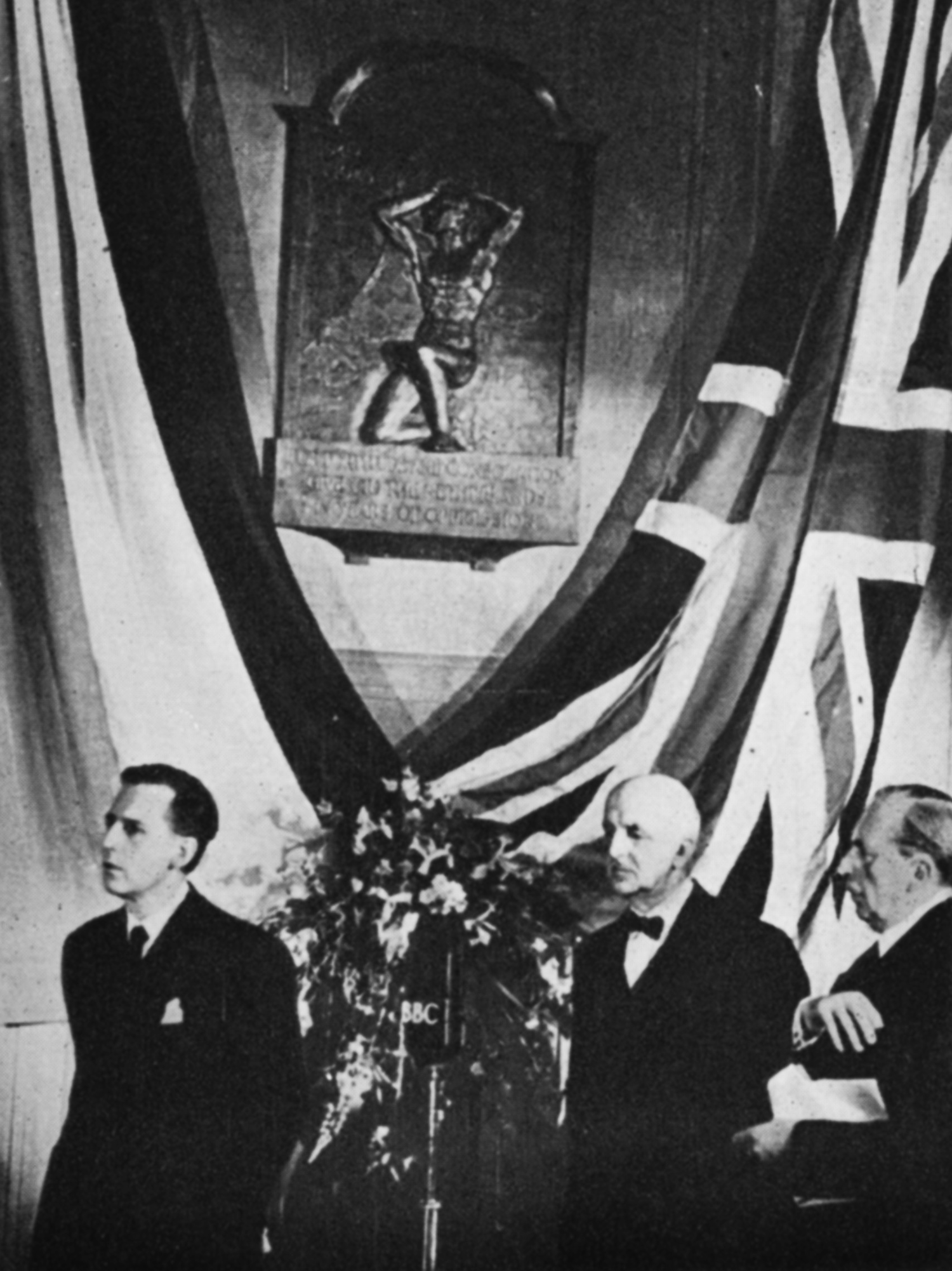Sir Adrian Boult puts on his tails again
THE postwar pattern of broadcasting for the home listener was soon drawn. Three months after the end of war in Europe, the Home Service, with its six regional variants, and the Light Programme, with a national coverage, were on the air, followed, in a little more than a year, by the unique and daring experiment, the Third Programme. Signs of peace were plentiful. The announcers, who had become so well known, no longer ‘signed’ their reading of news bulletins. Weather forecasts returned. The Symphony Orchestra put on evening dress again for its increasing public performances, and in June, 1947, made a European tour, and was memorably received. Variety put on civilian dress. The radio series, with its catchphrases and foundation characters who week by week became involved in new adventures, became the fashion in comedy entertainment. The serialization of great novels, and particularly those of the Victorian era, was another indication of the listener’s liking for continuity and of his readiness to keep a regular appointment with his radio. Among others who, in the early post-war world, were habitual listeners, were the Services. Forces Educational Broadcasts began in 1945 as a supplement to the Forces’ own educational schemes, and were transmitted to occupying garrison troops overseas as well as to recruits at home. Their success was such that they were continued even after the great bulk of releases had taken place. Radio had made a start on the new problem of post-school education. But the great adventure in Sound broadcasting after the war was the Third Programme, which was tied to no timetable and made no concessions, but drew upon the resources, many of them hidden or neglected, of music, opera, drama, poetry in all parts of the world, to the incalculable enrichment of the serious listener.



